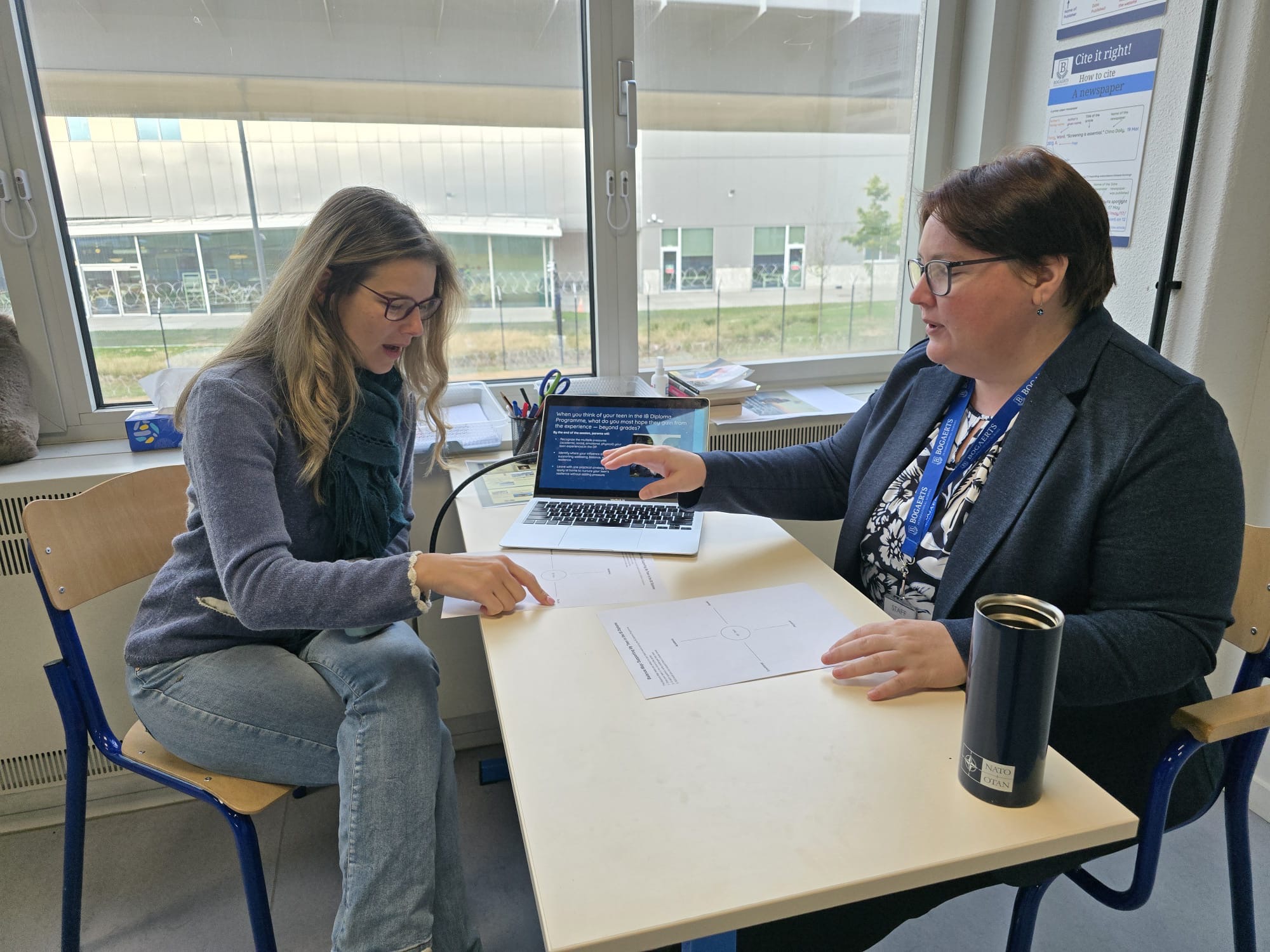Journalists, Detectives and Pattern Finders

Sometimes, we, teachers, want our students to go online and do some research for some sort of project, essay, story or presentation. Time passes and ticks away, and students are busy searching and clicking, but are they finding the useful and accurate information they need for their project?
The internet can support students to do effective research if they use search terms to put into Google or other search engines, if they avoid irrelevant sites or advertisements, if they understand how to navigate different sources… But not all research happens on virtual environments.
A meaningful part of students’ experiences while doing research is learning about different types of questions and how asking them or finding answers for them may lead them to different understandings. Likewise, conducting research that help us to become informed to inform others requires us to inquire into the value and meaning of photos, artifacts, paintings, letters, etc, not to mention recognising the purpose of strategies such as surveys and interviews.
Trying to make sense of what happens in the world does not require students to collect facts and dots. This task is unbearable at present. I firmly believe in what Seth Godin (2014) says:
"Without a doubt, the ability to connect the dots is rare, prized and valuable. Connecting dots, solving the problem that hasn't been solved before, seeing the pattern before it is made obvious, is more essential than ever before.
Why then, do we spend so much time collecting dots instead? More facts, more tests, more need for data, even when we have no clue (and no practice) in doing anything with it.
Their big bag of dots isn't worth nearly as much as your handful of insight, is it?"
This is why at Bogaerts International School North Campus we have designed an intentional and age-appropriate research curriculum for Middle School and High School, which supports students to understand their role as researchers, to help them develop the necessary skills to conduct research in different scenarios and different purposes. This effort presents them with opportunities to become aware of the "places" where they can locate relevant information, and to develop an understanding of the information that is credible, relevant and user worth disseminating. The experiences students undergo in this curriculum also requires them to process, synthesise, evaluate, and present the information, and to compare a range of sources to evaluate their reliability and relevance. In short, they
In the last months our Middle School 2 students have been playing the roles of journalists and, later on, detectives. They have transferred understandings and skills that they commonly apply in different subjects to situations that require them to explore a variety of facts, identify patterns, make connections and report their findings. In the future months, they will be comparing and contrasting the way primary sources and secondary sources may contribute to conducting effective research, and will continue to integrate a variety of tools in their learning process.
The shift I have recognised in the way that they notice specific details and how they continue to realise that we cannot take details for granted proves success in this first year of implementation. Most importantly, I appreciate the way the piloting of our research curriculum is shaping the student experience in secondary school.
Research plays a big role in students’ life in High School and beyond, and we do not want to leave things to chance. We want to equip students with as many tools as possible so that, when the time comes for them to conduct thorough research, they have prior knowledge to retrieve from.
So far, I am happy to be learning alongside young journalists, detectives and pattern finders.


-p-500.png)










.png)

















































